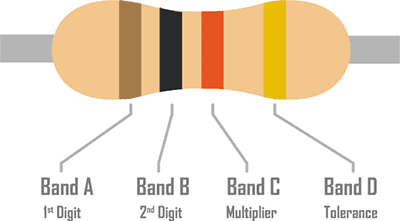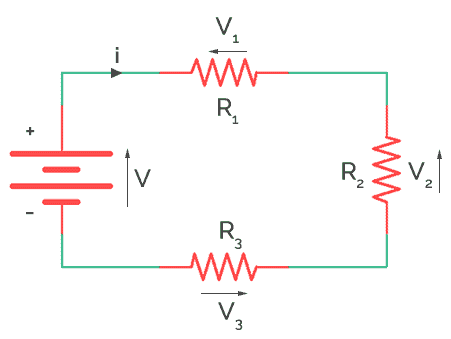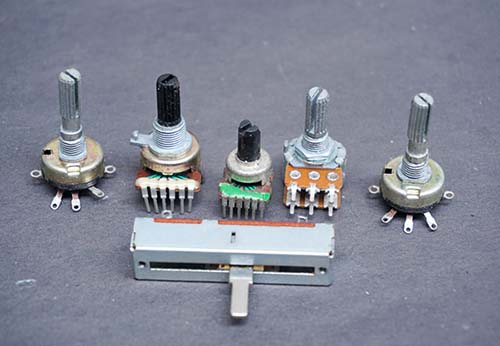Temperature coefficient of resistance, this is the factor that temperature does affect the value of resistance in a resistor or a conducting wire. All the resistors value of resistance is specified at specific temperature and that is 20 degree Celsius. If the temperature where resistor is placed is more or less than 20 degree Celsius, then the value of that specified resistor differs. That difference is obviously dependent on temperature coefficient of resistance.
Suppose we want to use a circuit having resistors in a compute which heats and inner temperature will be of course more than 20 degree Celsius. In this case, values of resistance changes and thus affect the system’s voltage and current controlling part of the circuit. The influence of temperature on resistance is estimated using temperature coefficient.
Influence of Temperature on Resistance
The electric current is more than army of electrons which stimulates the atoms in a conductor. If a material (conductor) is heated, the atoms vibrate. This will make the free electrons to collide with the atoms. This creates more resistance in the movement of electrons through the conductor. The resistance will be more with rise in temperature. This feature is known as the temperature coefficient of resistance.
It is defined as the change in resistance per degree rise of temperature for every ohm of resistance. It is denoted by the symbol “alpha” (α). All the conductors have their specific temperature coefficient at 20 degree Celsius. For pure metals, temperature coefficient is positive that means their resistance will increase with increase in temperature. This is referred as positive temperature coefficient of resistance. While for some elements temperature coefficient is negative that means their resistance will decrease on increasing the temperature which is known as negative temperature coefficient of resistance.
For some very good conductors, the temperature coefficient is nearly zero, which means their resistance doesn’t change a lot with a change in temperature. This type of metals is generally used for making precision resistors. The change in resistance of resistors other than 20 degree Celsius can be given by this formula.
R=R0 [1+α(T-T0 )]




It’s very useful for me. Thanks
nice explanation
better information about resistor component for study